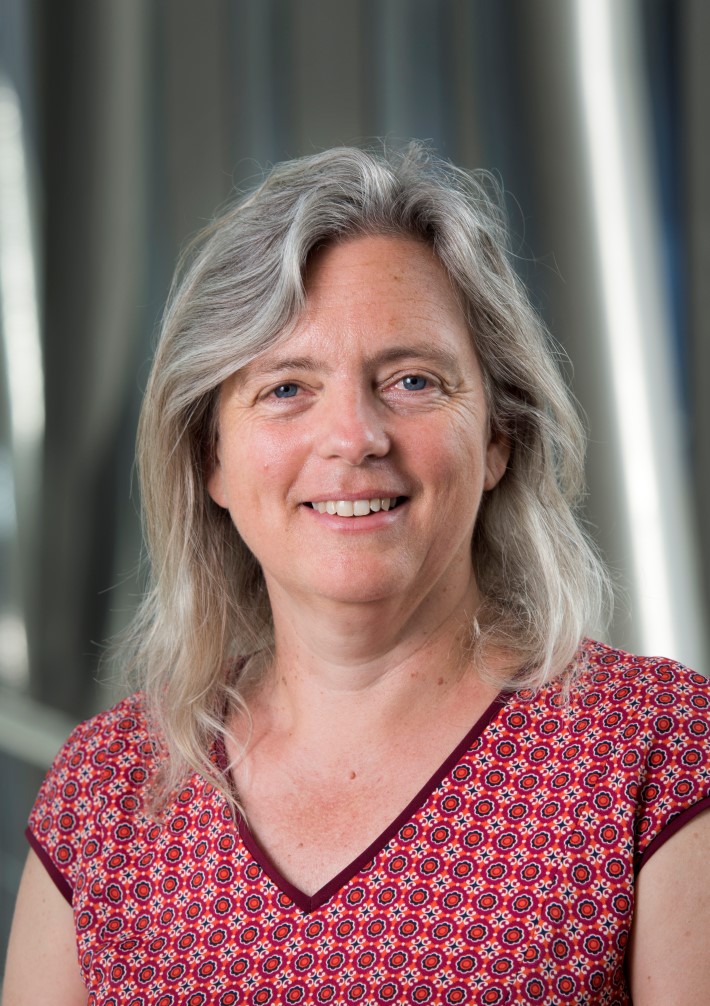professor of Human Genetics
Area(s) of expertise:
Hereditary brain disorders , Polyglutamine disorders , Disease modelling, Therapy development
Hereditary brain disorders , Polyglutamine disorders , Disease modelling, Therapy development
&width=400&height=400)
Introduction
My work is highly translational in nature, working in close collaboration with clinical departments and industry. Unique patient-driven fund raising initiatives contribute not only financial input, but also patient perspective to research programs in my group. The main topic of my research is autosomal dominant neurodegenerative diseases that have aberrant protein aggregation as a pathological hallmark. I study molecular disease mechanisms, identify biomarkers and then uses this knowledge to develop novel therapies with a focus on RNA targeting antisense oligonucleotide therapies. With this chair I will apply my expertise in the development of therapies for more common brain disorders, to rare and ultra-rare disorders. My research is part of the LUMC research themes Neuroscience, Medical Genomics, Cell Tissue and Organs as well as Academic Pharma. The applicable NWA routes are regenerative medicine, personalised medicine, NeuroLabNL and health research, prevention and treatment. I am co-director of the Dutch Center for RNA Therapeutics
Scientific research
I have been working in the field of Huntington’s disease for more than 25 years having acquired extensive expertise on working with human brain material at the University of Auckland New Zealand, and studying the genetic and molecular disease pathology. Since my return to the Netherlands I have been the Principal Investigator of the NeuroD Research group in the department of Human Genetics further expanding my expertise in induced pluripotent based models and the animal models for neurodegenerative diseases and the development of RNA targeting therapies. Furthermore, I am co-director of the Dutch Center for RNA Therapies. I am principal investigator on several projects investigating gene expression changes and RNA targeting therapies in cell and animal models of Huntington’s disease and recently we have obtained a prestigious multi center grant from the Dutch Government to study isogenic HD iPSC models (CureQ project).
